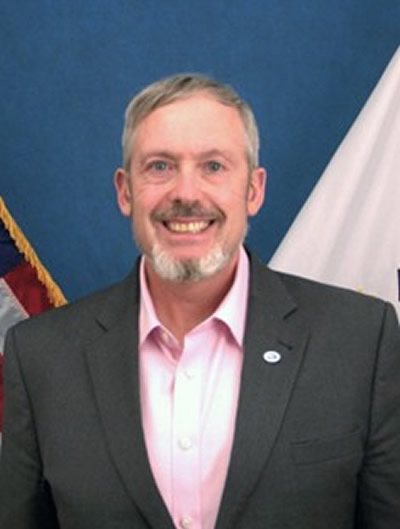
Stay Connected
Chief of Public Affairs
Justin Platt
Justin Platt is the Chief of Public Affairs for the National Indian Gaming Commission, an independent federal regulatory agency established within the Department of the Interior. Platt directs the Division of Public Affairs, responsible for national policy, planning, management, execution, and evaluation of communication programs encompassing public affairs, legislative and intergovernmental affairs, outreach, training, and internal agency communications.
Prior to joining the NIGC, Platt served as the strategic communications lead for the GEOINT Services office at the National Geospatial-Intelligence Agency (NGA), where he was responsible for planning, resourcing and executing the overall strategic communications program, including developing a federal inter- agency outreach program promoting the agency’s geospatial capabilities to intelligence community (IC) and military partners.
Platt began his public relations career with the U.S. Army, serving in every echelon of military public affairs from the tactical to the federal enterprise level.
While assigned to the Pentagon, he served as the Department of the Army’s spokesman for personal policy issues, and public affairs officer for two Presidential appointees, Secretaries of the Army Hon. John McHugh and Hon. Eric Fanning. After retiring from the Army in 2017, he joined the Edelman’s Media Strategies practice, providing strategic media relations counsel to federal, veteran nonprofit, and defense sector clients such as the Departments of Commerce and Veterans Affairs, Veterans of Foreign Wars, U.S. Chamber of Commerce, and Fincantieri Marine Group.
Platt graduated with a Bachelor of Science degree from the U.S. Military Academy, and holds a master’s in Composition and Literature from the University of Minnesota.
Updated 5/2/2024
The Indian Gaming Regulatory Act created the National Indian Gaming Commission to support tribal self-sufficiency and the integrity of Indian gaming. NIGC oversees the efficient regulation of more than 500 gaming establishments operated by 250 tribes across 29 states.
